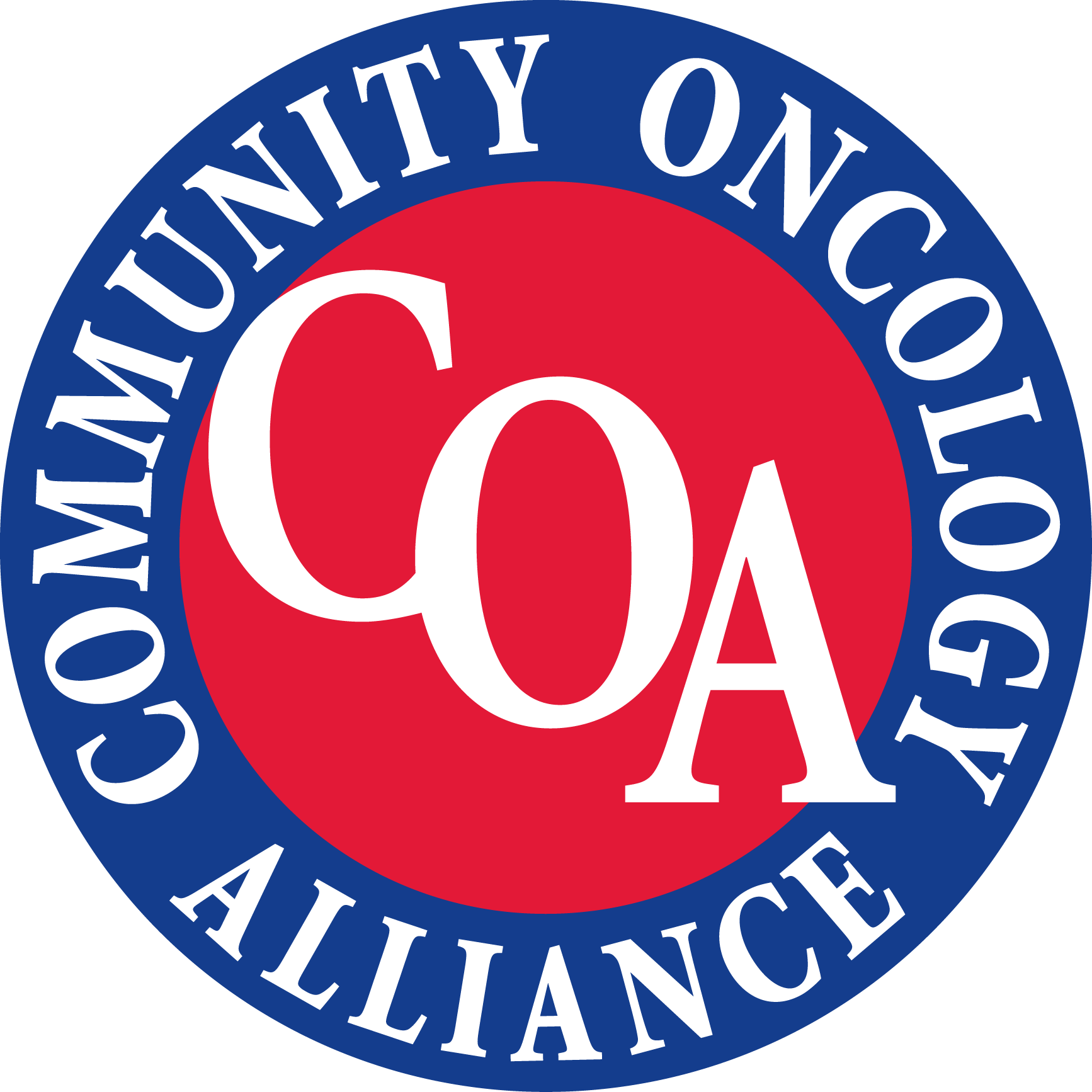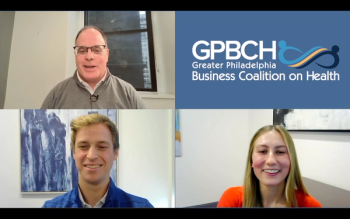
- August 2024
- Volume 30
- Issue 9
- Pages: SP654
Driving Value-Based Payment Reform Through the Community Oncology Lens

From the Community Oncology Alliance.
Health care costs in the United States are rising every year, leading to poorer patient outcomes, high out-of-pocket payments, and a consolidated market.
One factor driving this rise is how siloed our health care system is. Not only are patients being forced to pay high out-of-pocket costs, but independent physicians are also feeling the pressure, all while hospitals and large health systems are paid more every year.1,2
Independent community oncologists feel these pressures 10-fold because their practices collectively treat more than half of all patients with cancer in the United States. As community oncology practices are independently owned by the doctors providing treatment, they prioritize high-quality and low-cost patient-centered care. Employers of all sizes are already working with community oncology practices to improve the quality, experience, and cost of cancer care. Such models are well suited to being scaled nationally and have the potential to drive down costs across the country while maintaining high-quality care.
In such a complex health care landscape, cancer care providers, payers, employers, and other stakeholders must collaborate to battle ever-increasing health care costs. Together, they can break down the silos and implement new payment models centered around value-based care.
Who better to lead this charge than the independent community oncologists who are at the forefront of providing cutting-edge care at an affordable price. That is why the Community Oncology Alliance (COA) launched the Payer Exchange Summit on Oncology Payment Reform, to bring together all cancer care payment reform stakeholders in 1 place. As the only event of its kind, the Payer Exchange Summit is an interactive experience where all attendees discuss providing high-quality cancer care and positive patient experiences while controlling and lowering spending.
If you are involved or interested in payment and delivery reform efforts, COA invites you to request an invitation to this year’s event.3 We will be having in-depth conversations on value-based care, Employee Retirement Income Security Act laws on reform efforts, disrupting pharmacy benefit managers, and the importance of value-based insurance design.
We hope to see you there.
Author Information
Shiela Plasencia is the director of practice support at Community Oncology Alliance in Washington, DC.
References
1. Calendar year (CY) 2025 Medicare physician fee schedule proposed rule. CMS. July 10, 2024. Accessed July 16, 2024. https://www.cms.gov/newsroom/fact-sheets/calendar-year-cy-2025-medicare-physician-fee-schedule-proposed-rule
2. Patel N, Singhal S. What to expect in US healthcare in 2024 and beyond. McKinsey and Company. January 5, 2024. Accessed July 16, 2024. https://www.mckinsey.com/industries/healthcare/our-insights/what-to-expect-in-us-healthcare-in-2024-and-beyond.
3. Payer Exchange Summit 2024: request an invitation. Accessed July 16. https://payerexchangesummit.com/request-an-invitation
Articles in this issue
over 1 year ago
Building a Virtual Model for Care After Cancerover 1 year ago
August 2024 Health Equity Newsover 1 year ago
Biosimilars and Employers: Strategies for Successover 1 year ago
BeiGene Opens $800M Flagship US Facility in New JerseyNewsletter
Stay ahead of policy, cost, and value—subscribe to AJMC for expert insights at the intersection of clinical care and health economics.









